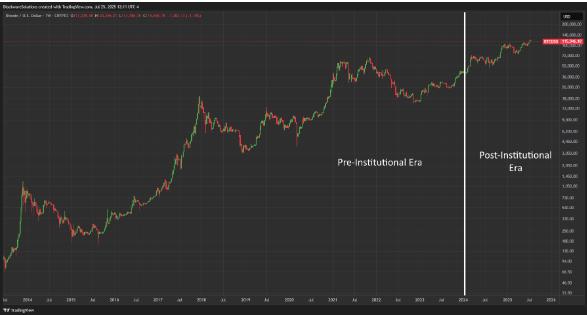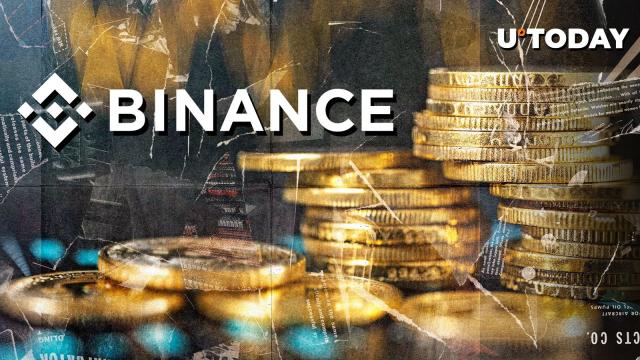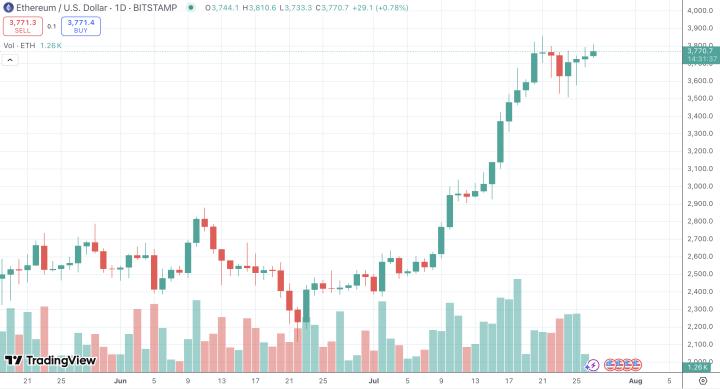
Kim (42, Dongnae-gu, Busan), an office worker who had withdrawn from the market after suffering significant losses in cryptocurrency investments, recently turned on his app again as Bitcoin prices soared. Reinvesting a small amount with the thought "Will it rise again," he is now using a day trading strategy focusing on major coins. He said, "Rather than losing everything by trying to make a big profit, it's better to realize even small gains."
Like Kim, there are increasing investors who have regained interest in the virtual asset market, stimulated by Bitcoin's recent all-time high. Government and major corporate Bitcoin purchases, along with the US stablecoin legislation, are sending positive signals to the market. If the trend continues, there are optimistic forecasts that Bitcoin could rise to $200,000 by the end of the year. However, experts unanimously emphasize that Bitcoin's high volatility remains, and investors should approach with risk management and a medium to long-term perspective.
[The rest of the translation follows the same professional and accurate approach, maintaining the original meaning while translating to English.]Experts generally agree on the medium to long-term upward trend of Bitcoin. Center Director Choi Yun-young advised, "While short-term predictions are difficult, the medium to long-term outlook is positive" and "Therefore, one should not be fixated on short-term prices, but approach it by looking at the long-term trend".
CEO Kim Dong-hwan analyzed, "Currently, it is an unpredictable period intertwined with tariffs, interest rates, and policy variables" and "Especially, tariff conflicts with Mexico and the European Union (EU), and the possibility of US interest rate cuts could be major variables".
Author Kang Hwan-guk advised, "Although domestic interest is still low, with the Kimchi premium even being negative," that "a strategy of holding only above the 120-day moving average is effective in preparation for a potential massive drop".
Professor Kim Hyung-jung from Korea University's Graduate School of Information Security noted, "In the US, with events like ETF launch and Crypto Week, virtual assets are gradually being accepted as mainstream assets" but "in Korea, the government has blocked indirect investment through asset management companies' corporate accounts, leaving investors to bear the risks entirely".







